Since Ferguson I’ve been talking about the “hard conversations” we need to have about race in this country. I’ve implored all Americans time after time to extend some grace to each other. I’ve asked you all to choose to listen to each other even if you think the other side is wrong.
(I hate to keep pointing back to this, but this Facebook Live video I did after the shootings in Dallas says it better than I can write it, in case you’re curious)
I’ve asked white Americans repeatedly to have the courage to step up and say the hard things, ask the hard questions.
Black America, are we willing to join our white brethren in having the hard conversations?
By the looks of Charlotte this week, I’d say “No.”
Let’s not be ignorant about what we (as black Americans) allow to go on inside our urban communities. The crime rates are astronomical and the education rates are abysmal. When police come into our neighborhoods in a place like Ferguson, they’re not coming uninvited. They’re coming because someone called them.
Our neighborhoods have become communities where police presence is most needed and often requested.
Hard conversations.
While there are cases of truly unjust and violent reactions from police towards people of color in this country, we seem to lack the ability to discern what deserves our outrage and when it is time to simply let the police do their jobs. Charlotte is a good example. Eyewitness reports, news coverage and police testimony indicate that the victim did indeed have a weapon. The police chief – who is black – said the victim did have a gun, not a book…but we burned Charlotte anyway. We don’t seem to possess the ability to be reasonable and to reserve our energies for the cases that deserve the most outrage.
Hard conversations.
Without waiting for a word of evidence, investigation or taking even a moment to think about the consequences of destroying our own community rioters immediately took to the street. They burned down their own businesses, the places they patronize and depend on for jobs and tax revenue, and the streets they send their children down every day. And for all that anger what did we get? More police.
Hard conversations.
I used to love watching Dr. Phil (and I’ve even appeared on his program once a couple of years ago). My favorite expression of his is “You teach people how to treat you.” How to we teach the police to treat us? Look around. When 90% of homicides involving black people are perpetrated by other black people, what does that say about how we view each other much less how we expect others to view us? It could be a “chicken or the egg” situation; which came first? Our response to police brutality or police responding to our own brutality towards one another? I’m not giving you the answer to that – I’m telling you to think about that.
Hard conversations.
The crux of the civil rights movement of the 1960’s was self-reliance. We only wanted a seat at the table. When Gov. George Wallace (D-Alabama) told black people they had to sit at the back of the bus, Dr. King didn’t mobilize the community to set the buses on fire. He mobilized the community to find their own ways to work. They banded together for car-pooling, informal taxi services and ride-sharing. They crippled the mechanism of oppression by starving it.
It would be nice to “starve” the police by not giving them reasons to be in our faces constantly in the first place.
Hard conversations.
What part do we play in making it difficult for our fellow citizens of the caucasian persuasion to come to the table and listen to us? When a white person is honest about how they feel – they’re scared of black men or unsure of them or don’t understand them- we immediately crush that person in the court of public opinion. We cannot even tolerate listening to anyone say anything negative even if they’re just trying to work through their own prejudice.
We have to leave people the space to express their honest opinions, even if it hurts to hear and even if its unfair. It is only then that we can explain ourselves, explain why we think they’re wrong, and settle on some kind of solutions to change perceptions. You can’t solve a problem if the perpetrators aren’t even allowed to express the sentiment.
Hard conversations.
What do we allow and tolerate amongst each other? I see community after community that has been governed by black people for decades and those communities to this day are most often depressed, poverty-ridden places. How do we expect others to take us seriously when we can’t even lead ourselves?
Hard conversations.
If you’ve reached the end of this post (congratulations, because most people stop at the headline) and you’re saying to yourself, “This bitch is crazy. She has no idea what she’s talking about and she’s nothing but a sell-out”….
…you’re not ready for the hard conversations.
If you’ve reached the end of this post and are smugly saying, “I told you so. I’m willing to talk but black people are just too crazy and this confirms my opinion”…
…you’re not ready for the hard conversations.
If you’ve reached the end of this post and are saying, “I’m willing to have a discussion, but first…”…
…you’re not ready for the hard conversations.
The hard conversations take humility, grace and forgiveness – three things in short order in American society these days.

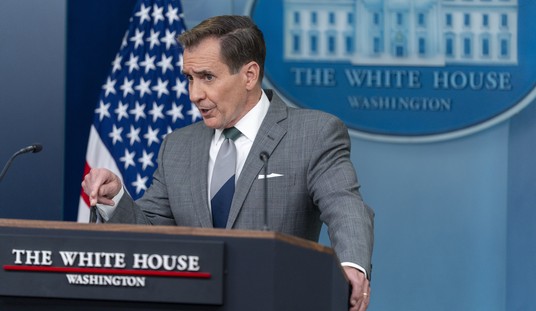
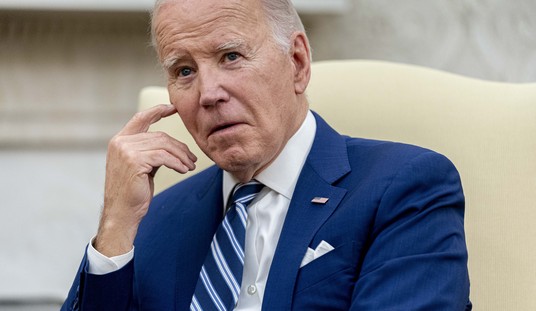

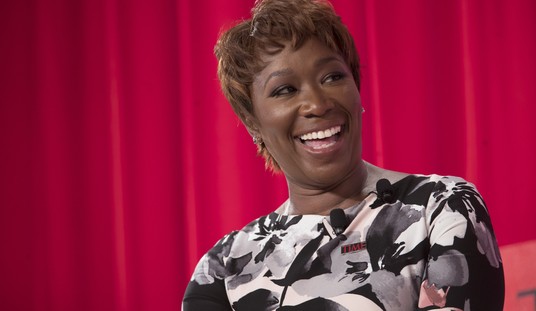
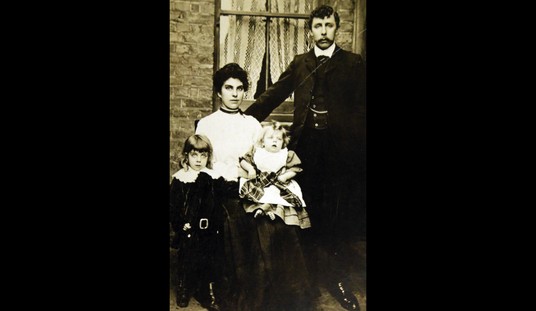
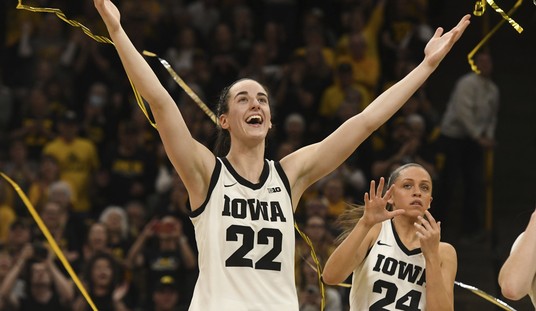

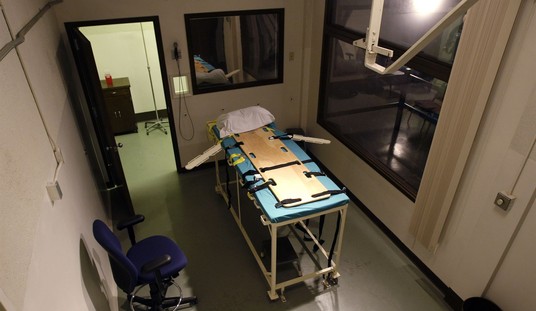

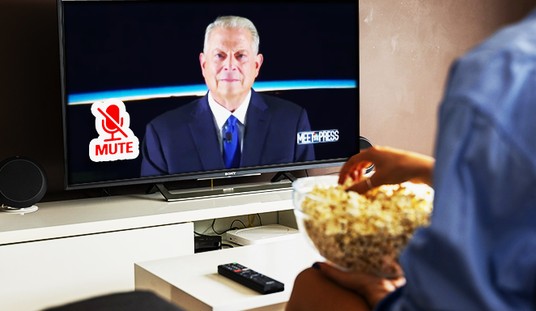
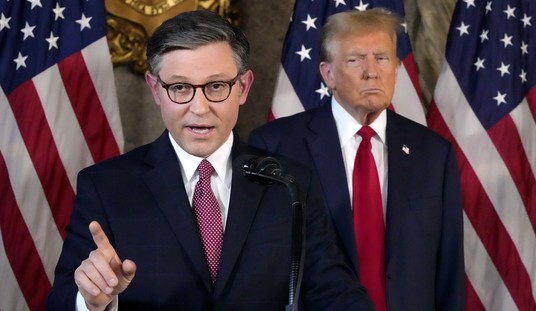
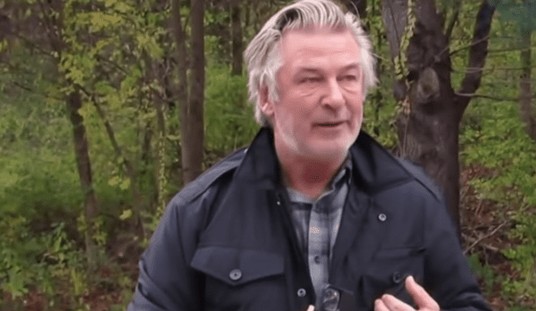
Join the conversation as a VIP Member